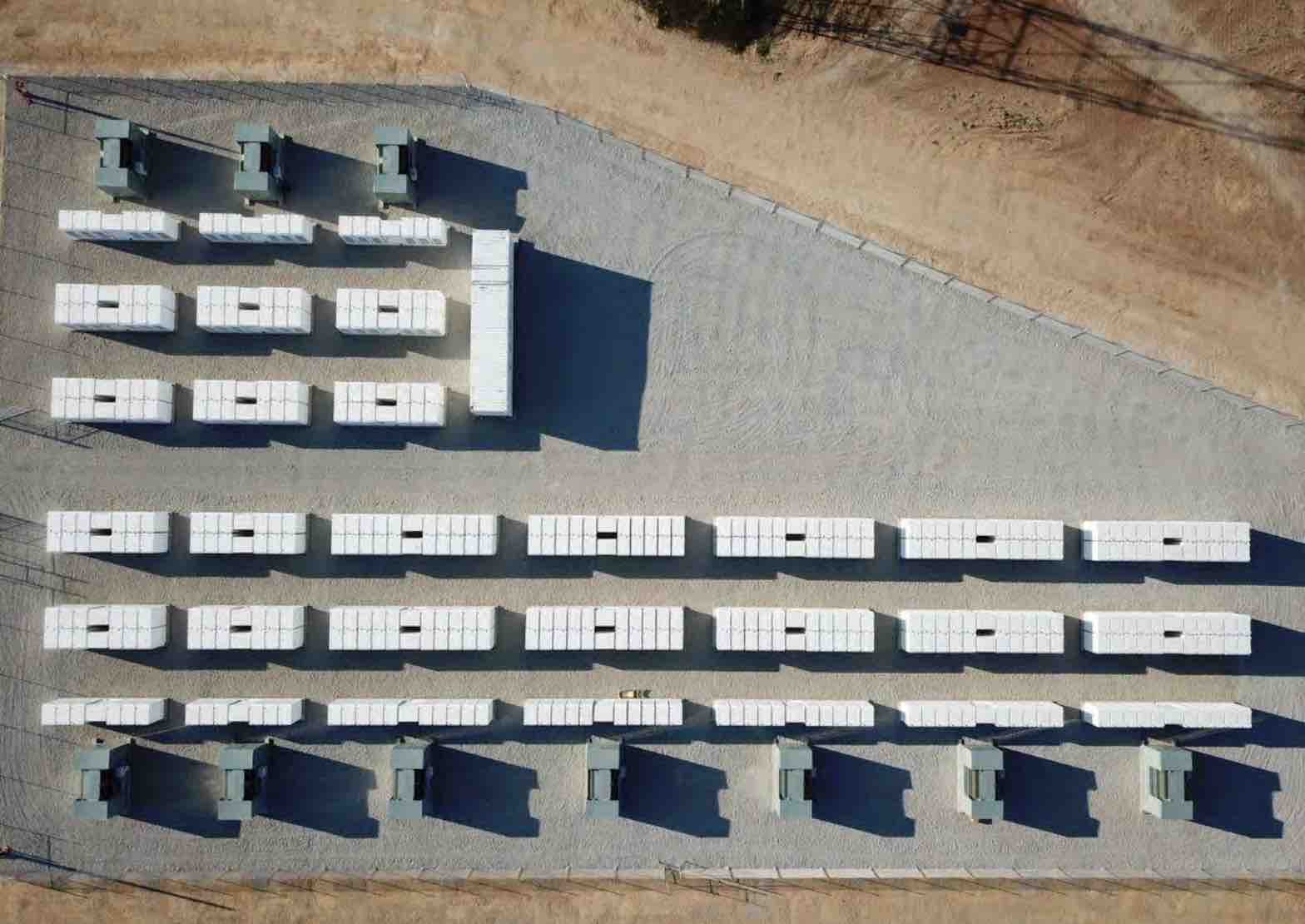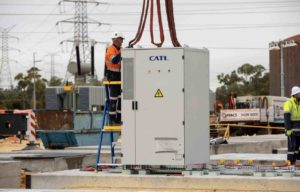Tesla chair Robyn Denholm says the world needs to scale the battery storage industry “at sprinting pace” if it wants to have any hope of keeping climate change in check, and has called on Australia to play its part in the race – rather than “hedge its bets” on coal.
Speaking at the Australian Clean Energy Summit in Sydney on Tuesday morning, Denholm said global demand for battery energy storage is enormous, with Tesla alone forecasting a need to produce more than 3 terawatt-hours of batteries for EVs and stationary energy storage by 2030.
“I can’t think of a technology that’s more important than lithium-ion batteries right now,” Denholm told the conference hosted by the Clean Energy Council.
“The world the world simply cannot build battery cells fast enough. It may be the great limiting factor for tackling climate change.”
In Australia, the latest and most ambitious energy transition road-map published by the market operator, AEMO, has boosted the forecast battery storage component by 65 per cent from the previous Integrated System Plan, to 19GW by 2030 and 50GW or more by 2050.
For perspective, Denholm notes that 50GW of storage is the equivalent of 167 Victorian big batteries. This sort of scale of market growth, she says, will need to be supported by strong market signals – as opposed to mechanisms that prop up old technologies and fossil fuels.
“We should not be supporting market mechanisms that have been built to prolong the life of existing, or heaven forbid, enable new fossil fuel assets,” she told the conference.
“Australia has set a target of 43% emissions reduction by 2030. But we will we are still hedging our bets, somewhat, with coal, just in case.
“While we can all understand the need to mitigate risk, we must do this by … looking at forward leaning technologies. Keeping an eye on the rearview mirror will simply encourage us to not stick to our plan and we are already late to the transition party.”
The comments add Denholm to a long list of critics of the so-called “capacity mechanism,” originally proposed by the former Coalition government and upheld by Labor as a possible bridging tool in the transition to renewables.
But critics – and there are many – argue that such a mechanism – could have the undesired effects of locking in high emissions from coal and gas-fired power plants, deterring new entrants – like big batteries – and adding substantially to already high household power bills.
“Australia needs smart new market mechanisms and a clear deadline on phasing out coal,” Denholm said, pointing to various in international examples where “zero emissions” is the preferred threshold for new dispatchable capacity being built.
“We need to shift our gaze from targets of 20 or 30 years into the future and look at concrete actions that we can take now in the face of enormous challenges,” she told the conference.
“The opportunities the urgency and the upside of transitioning to a renewables-led grid have never been greater and Australia can lead the way.”
Denholm says Australia has huge potential to make its way further up the battery value chain from more refining of it own rich supply of critical minerals, to large-scale cell manufacturing and even to the production of electric vehicles.
But this sort of “once in a century opportunity,” she adds, is unlikely to be fully realised without the right policy support and without a clear view to the future – a future that does not include coal-fired power generation.
“This entire industry needs to scale at sprinting pace and what role does Australia want to play in the world’s battery race?
“This is a classic opportunity for public and private partnerships to change the shape of Australian economy.
“Globally we can only transition to reliable cost effective renewables as fast as we can build energy storage. We can only reduce vehicle pollution as fast as we can build electric cars. That is the race.
“I am hugely optimistic about the role that Australia can play as a powerhouse in this New Energy era. And my challenge to each and every one of you is to play your role in making it happen.”
See also: AEMO says firmed wind and solar cheapest reliable energy option by “country mile”










